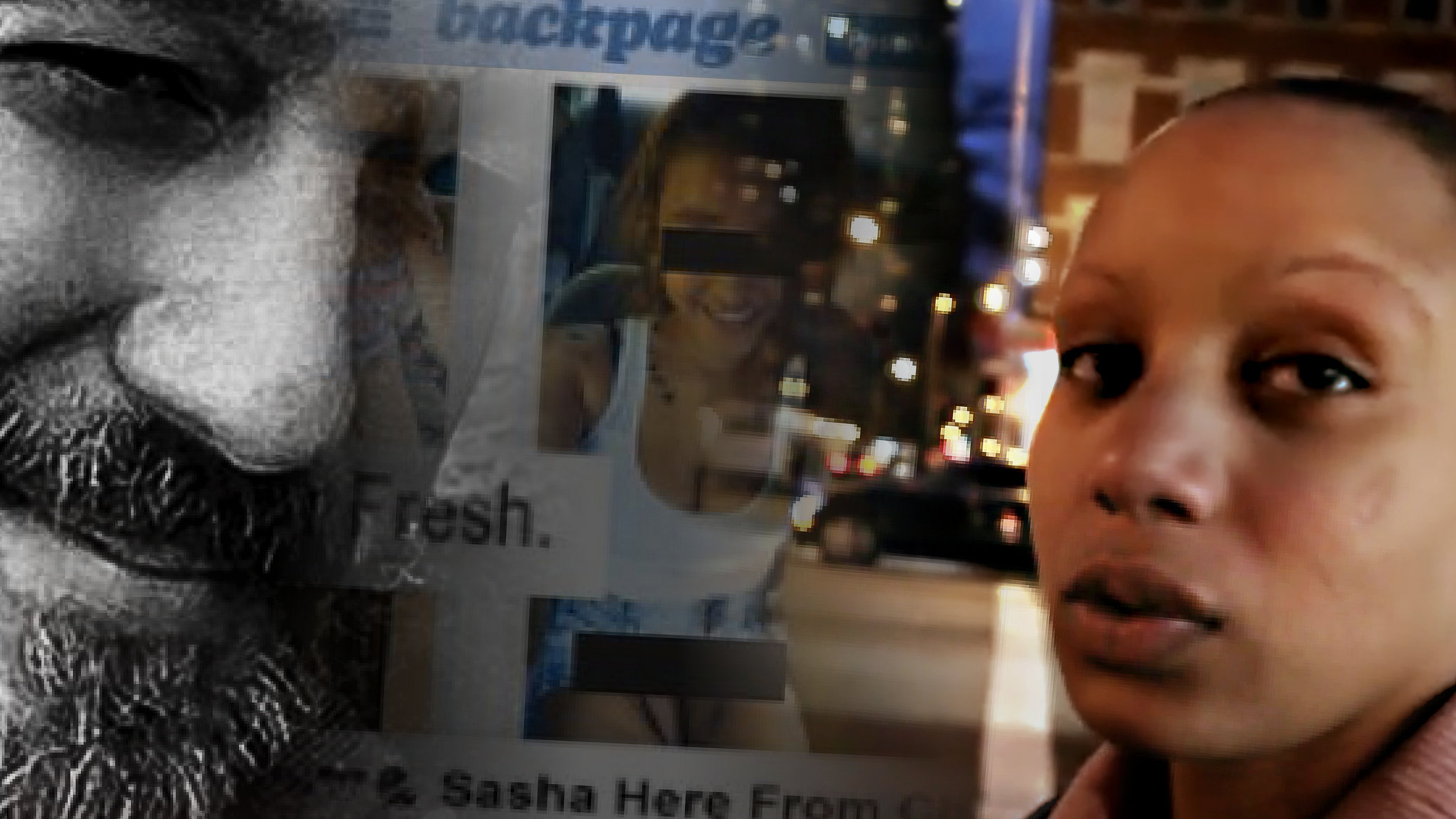“Holding on to anger is like grasping a hot coal with the intent of throwing it at someone else; you are the one who gets burned.” —Buddha
Let’s try “Thomas Edison.” The most relevant, useful result is: “Thomas Edison was an American inventor and businessman.”
Now let’s search for someone who is completely unlike the first two in every way: “Alex Barnes-Ross.” After sorting through hundreds of billions of data bits in the virtual universe in a fraction of a second, Google determines that the most relevant and useful thing to know about Alex Barnes-Ross is: “This broke bigot, Alex Barnes-Ross, needs your money right now.”
And thus Google opens the curtain and presents Alex Barnes-Ross on the world’s stage. The key and most relevant data points are that the man has no income, he is a grifter and a hater and he wants you to give him money. Now.
“One is treated pretty much the way he treats others.”
It is doubtful that Barnes-Ross intended this to be how Earth’s population would now identify him. But such is the existence of a life-loathing hater who expects the world to give him a living and is wounded to the core when it does not.
So “broke bigot who needs your money right now” is Alex Barnes-Ross’ legacy—now and for eternity—in perfect illustration of the ultimate risk one takes when one swaps one’s humanity for hate.
Scientology Founder L. Ron Hubbard famously wrote: “One is treated pretty much the way he treats others: one actually sets an example of how he should be treated.”
How does Alex Barnes-Ross treat others?
Well, he treats his pittance of followers—the very people he should treat as royalty—as though they were merely some collective cash machine he can raid when he needs a few bucks to tide him over for another month. So they, in return, treat him like the freeloading creep he is, filling his feed with comments like “con man,” “fake victim,” “criminal,” and “bro, you are a grifter of the highest order.”
Alex Barnes-Ross’ give-and-take with the world is even worse than his give-and-take with his followers.
He spews hate towards things that aren’t hateful, anger where it isn’t warranted and blame on everyone but himself for his woebegone state.
And how does the world, in its turn, respond to Alex Barnes-Ross?
It holds a mirror to him through Google—to the very top of Google—so all can see what Alex Barnes-Ross would see if he cared to look in that mirror.
And what would that be?
A professional victim masquerading as a bigot masquerading as something that once was a human being.
What you give, you get. And what you are catches up with you. In fact, it often outruns you, as in the case of Alex Barnes-Ross.
He held on to his anger at the Church of Scientology for trying to help him—even giving him a second chance when he asked for one—and just as Buddha warned, he got burned.
He treated others like the garbage he feels he is.
He wasted every chance given him to reform, to make amends, to contribute to society rather than spit on it—and found himself alone in the quicksand without a rope.
Such is the legacy of Alex Barnes-Ross, the hater who lost his humanity.
He wanted to be noticed.
He wanted to be known.
He wanted to stand for something.
And his wishes came true.
Yes, he has been noticed and, yes, he is known (by his two—perhaps three—followers) as an anti-religious bigot and grifter who can’t pay his rent. A loser who started and failed three businesses in his basement.
And he definitely stands for something—but not what he intended.
His is a cautionary tale: Woe betide those who seek to profit through hate, for they choke themselves on their own bile.
You are known by the tracks you leave behind you.
And Google will preserve those tracks for a thousand generations or more.






















